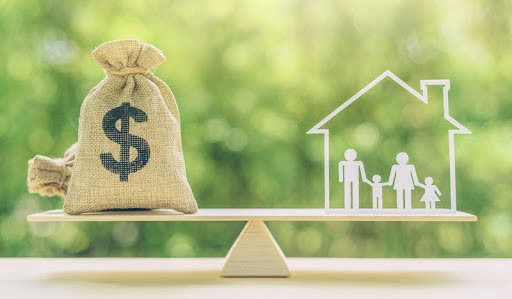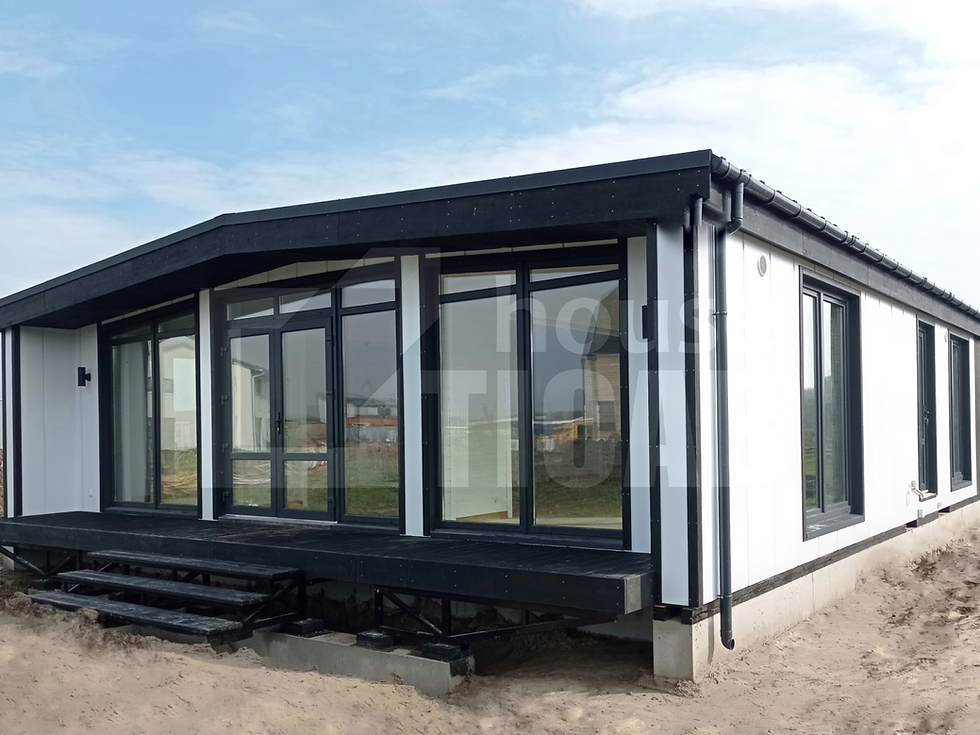Modular Homes in 2025 – Costs, Benefits, and Real Insights
- TICAB Marketing
- Aug 18, 2025
- 3 min read
Modular Homes: Everything You Need to Know Before Buying

When people start looking for affordable, modern, and sustainable housing solutions, one question appears more and more often: what are modular homes and why are they becoming so popular? This guide explains what modular homes are, how they are built, their advantages and disadvantages, costs, lifespan, and why they are a smart choice for many families.
What Is a Modular Home?
A modular home is a type of prefab housing built in a factory in separate sections (called modules). These modules are then transported to the building site and assembled on a permanent foundation. Unlike mobile homes, modular houses must comply with the same local building codes as traditional houses. This means they are permanent, high-quality homes designed to last for decades.
How Are Modular Homes Built?
The construction process is faster and more efficient compared to conventional site-built homes:
Design phase – you choose the layout, size, finishes, and additional features.
Factory production – modules are built indoors, protected from weather conditions.
Transportation and assembly – the finished modules are delivered to your plot and placed on a prepared foundation.
Final connections – plumbing, electrical systems, and interior details are completed.
Most modular homes in 2025 can be ready to live in within 2–4 months, depending on size and complexity.
Benefits of Modular Homes in 2025
1. Speed of Construction
Modular homes are known for fast building times. While a traditional house might take a year or more, a modular home can often be installed in just a few weeks once the foundation is ready.
2. Lower Costs
Because they are manufactured in bulk and under controlled conditions, modular homes cost less than conventional homes — without compromising on quality.
3. Energy Efficiency
Modern modular homes are built with energy-efficient insulation, windows, and heating systems. Many models can be upgraded with solar panels and smart home technologies.
4. Sustainability
Factory production reduces material waste by up to 90%. Many modular builders also use eco-friendly materials and sustainable practices, making them a greener housing solution.
5. Flexibility in Design
From compact one-bedroom houses to spacious family homes, modular construction offers endless possibilities. You can also expand later by adding new modules.
Are Modular Homes Durable?
Yes. A common myth is that modular houses are temporary or “weak.” In reality, because they must be transported and lifted by cranes, modules are built even stronger than many traditional homes. With proper maintenance, a modular home can last 50–100 years.
Modular Homes vs. Prefab, Mobile, and Traditional Homes
Modular vs. Prefab: Prefab is a general term for all factory-built housing. Modular is a type of prefab.
Modular vs. Mobile: Mobile homes are not placed on permanent foundations and often lose value. Modular homes are permanent and can appreciate in value.
Modular vs. Traditional: Traditional homes take longer and cost more, while modular homes are faster, more affordable, and eco-friendly.
How Much Does a Modular Home Cost?
Prices vary depending on size, design, and finishes. On average, a modular home costs 10–30% less than a traditional site-built home of the same quality. However, land, permits, and utility connections must be added to the budget.
Common Questions About Modular Homes
Can I get a mortgage for a modular home? Yes. Banks finance modular homes just like traditional ones.
Do modular homes increase in value? Yes, if built with quality materials on a permanent foundation in a good location.
Can I customize the design? Absolutely. Modular homes are available in many styles, from minimalist cabins to modern luxury villas.
Why Modular Homes Are the Future
The housing market is changing. People want faster, more affordable, and sustainable solutions. Modular homes deliver all of these benefits while offering long-term durability and value.
If you are looking for a cost-effective, eco-friendly, and customizable home, modular housing could be the perfect solution.



Comments